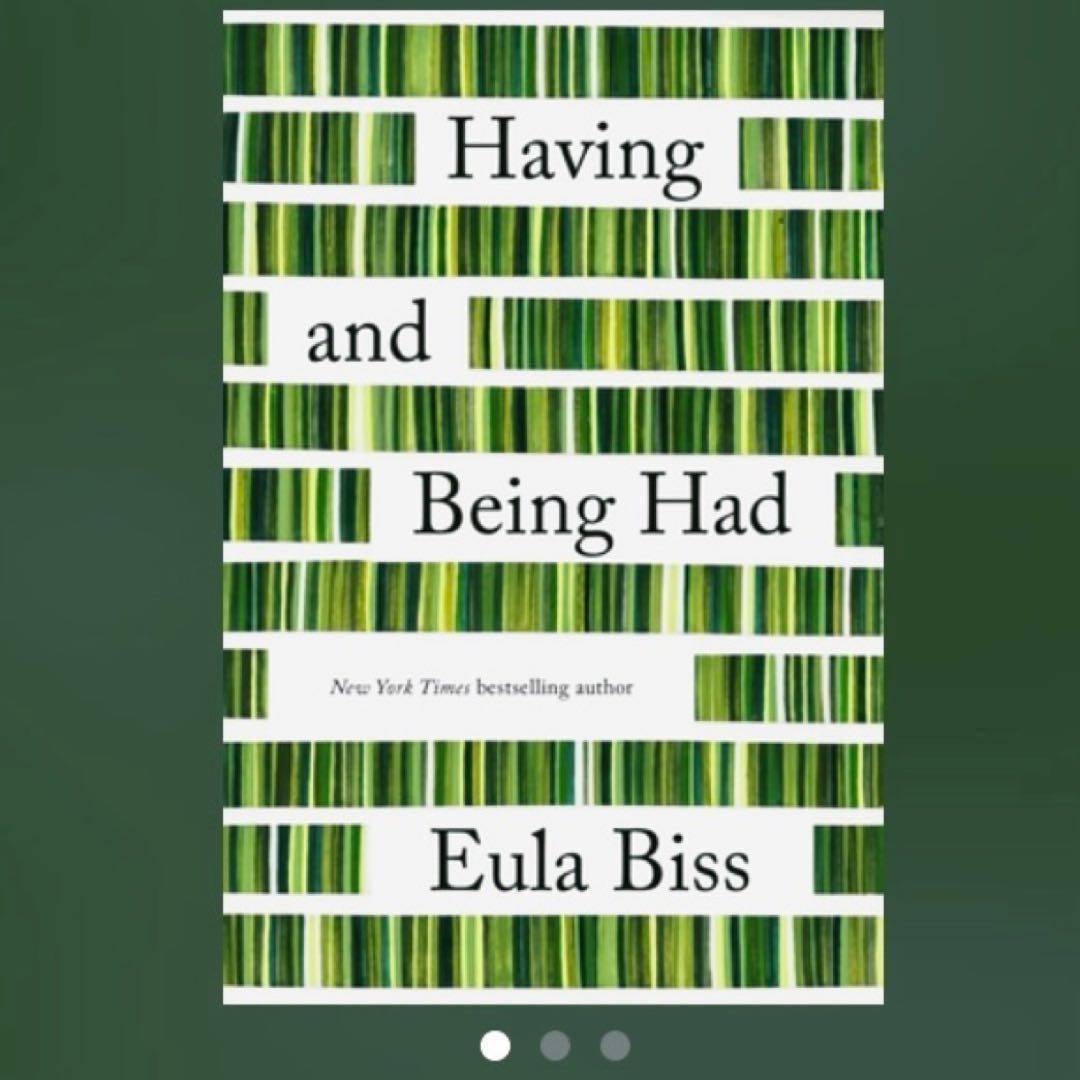
Biss writes short, smart chapters that ask basic questions about capitalism while offering insight into everything from social class to Scooby-Doo. I really enjoyed this book. #nonfiction

Biss writes short, smart chapters that ask basic questions about capitalism while offering insight into everything from social class to Scooby-Doo. I really enjoyed this book. #nonfiction
The lies we want to believe tell us something about ourselves . ! How true !
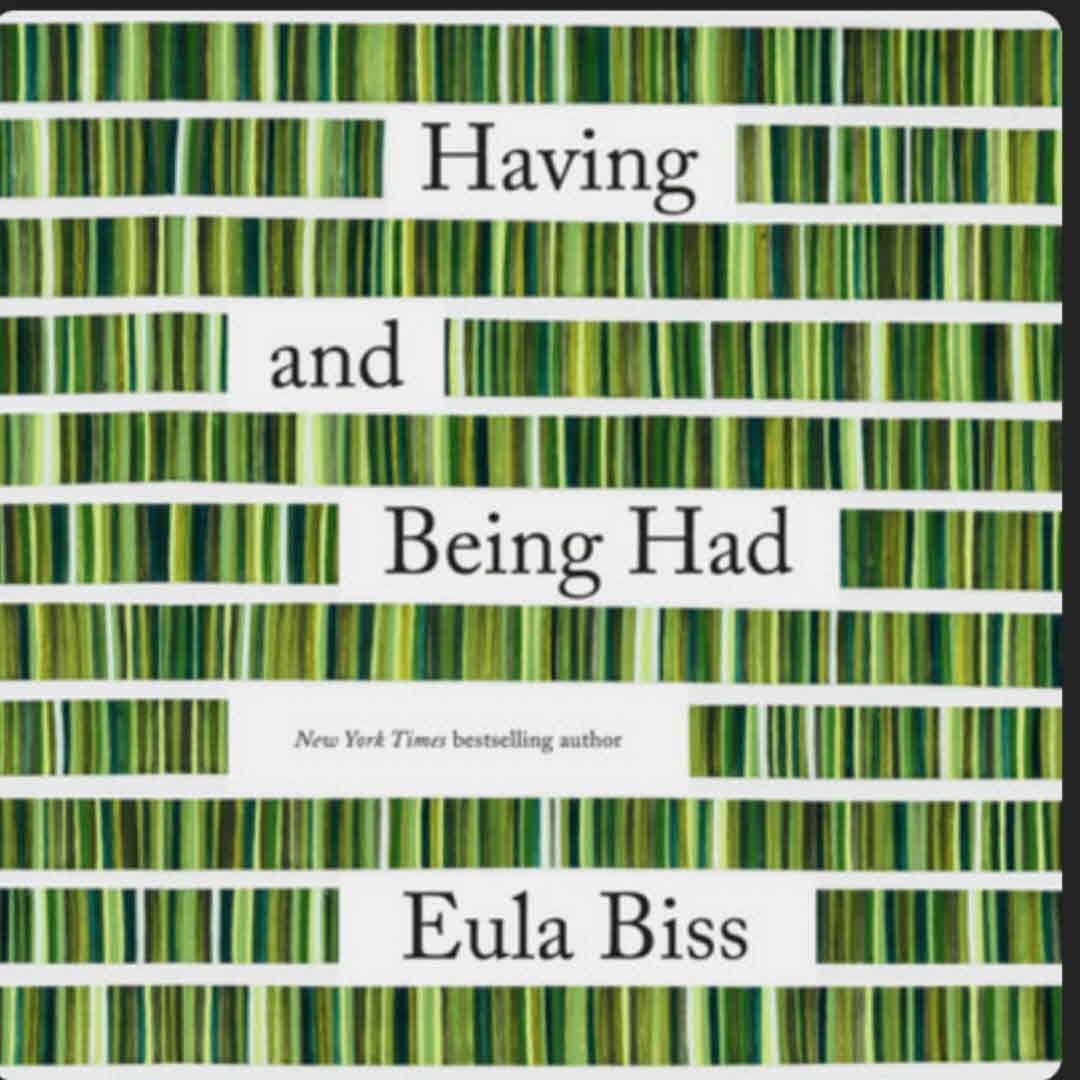
This was a thought provoking non fiction book about capitalism and the many ways in which it is entwined with our culture, how we try to find ways out of it and how it is constantly there whether we want it or not. Interesting points were made throughout this book. 4 ⭐
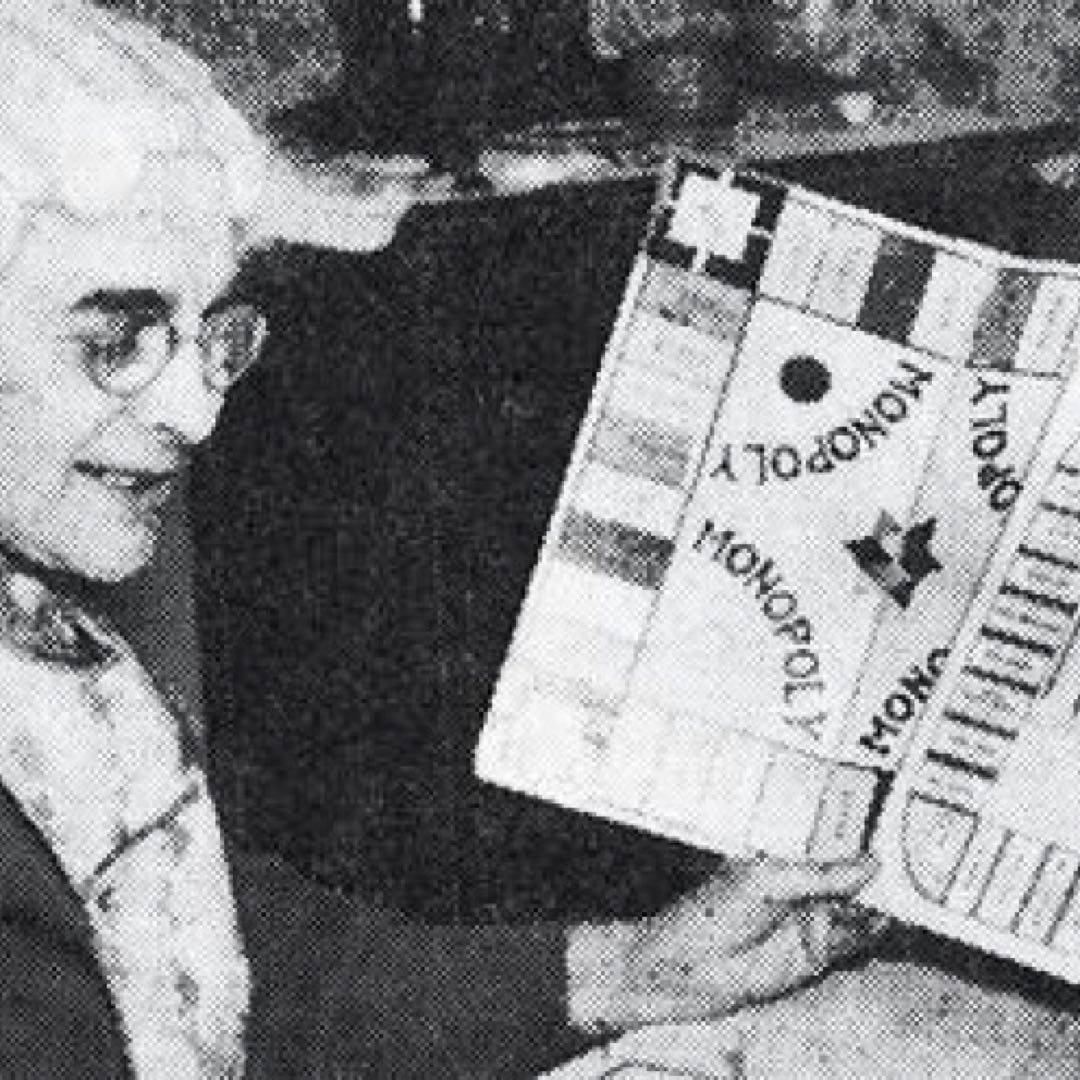
Darrow took [stole] the game Magie designed, but she drew most of its distinctive features, including the continuous loop of play, from Zohn Ahl, a game played by the Kiowa people of Oklahoma. “It is bitterly ironic,” writes Philip Winkleman, “that this gift of the Kiowa to America and the world should result in the daily reenactment of the reduction of opponents to abject poverty through the parcelling up and exclusive ownership of land.
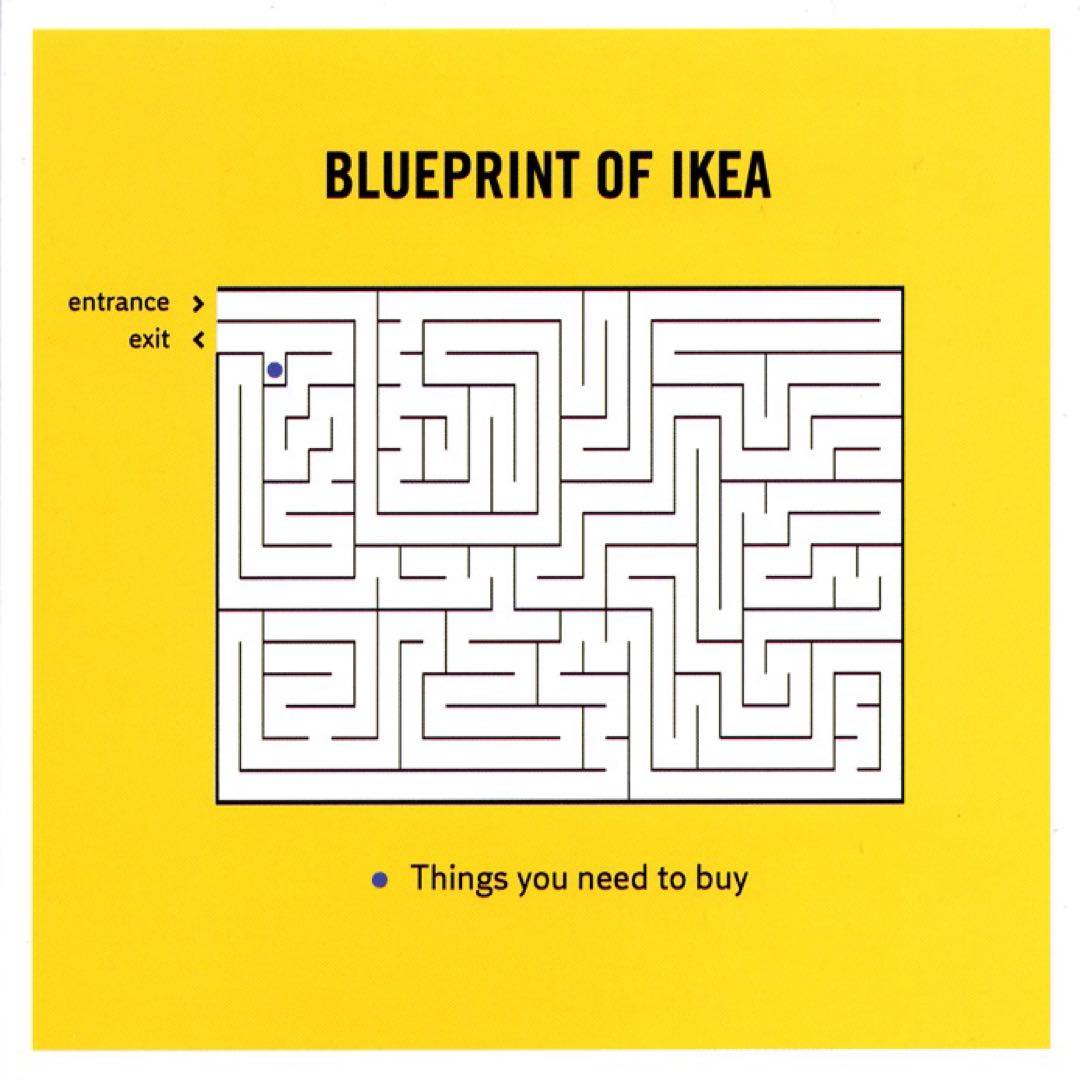
IKEA, the third largest consumer of wood in the world, has made furniture into something that gets used up. It is furniture for the apocalypse. But what I like, what makes me laugh a little about “for people, not consumers,” is the implication that consumers are not people.
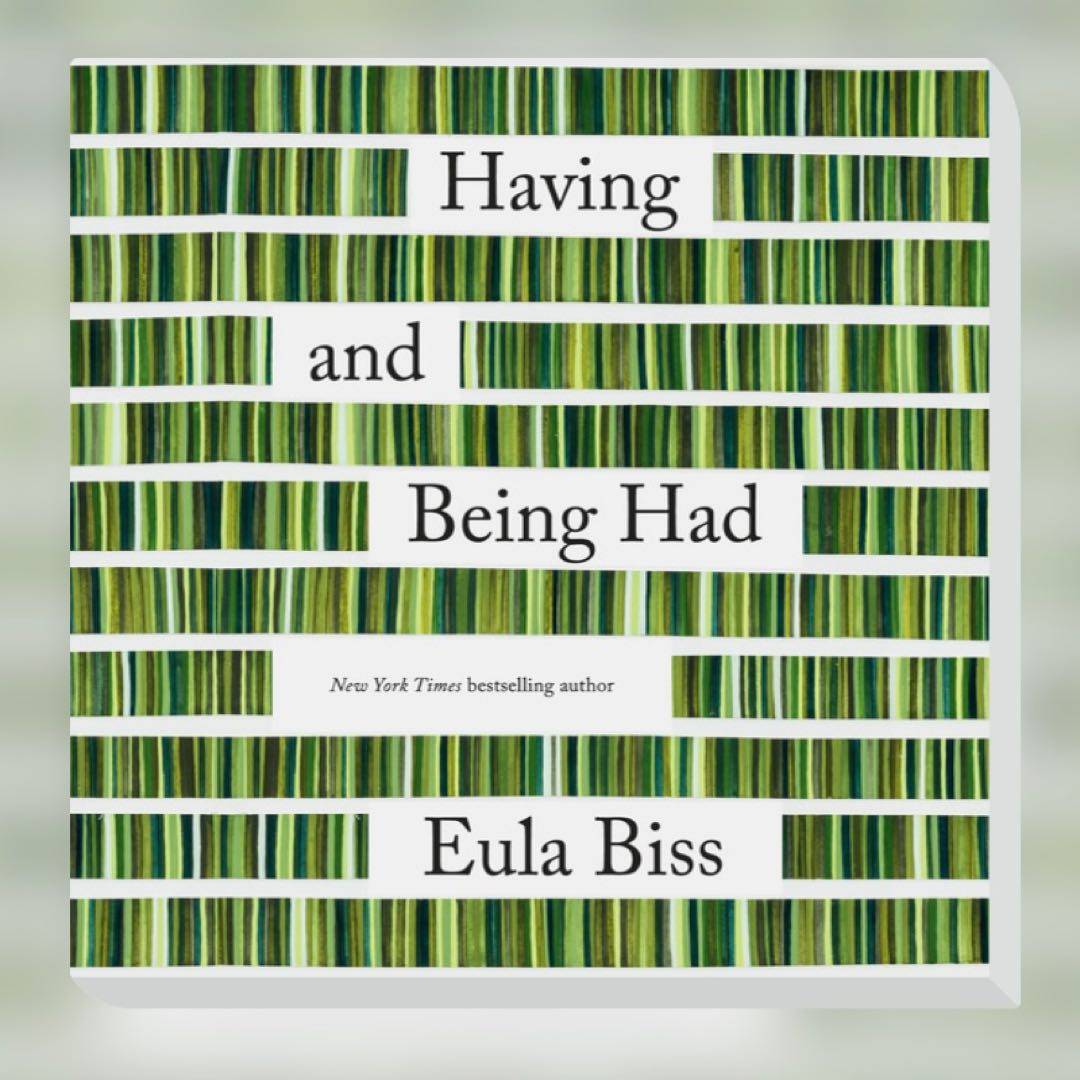
I listened to this and definitely spaced out at times, so I don‘t know if I can fairly say that I liked or didn‘t like it!
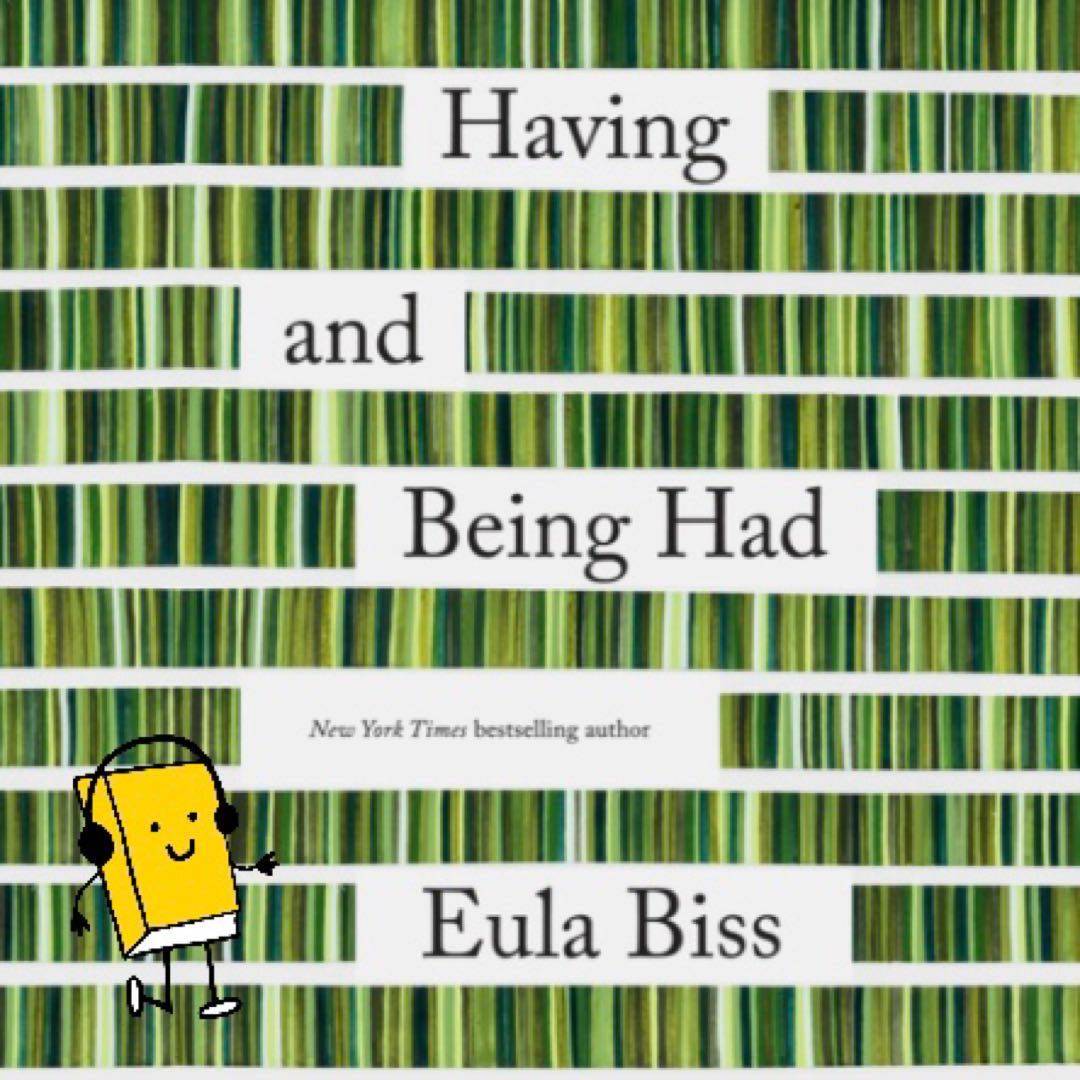
Brief, episodic chapters are a cross between essays and poetry, grappling with the ethics of money, profit and consumerism within the intersecting contexts of class, caste, gender, ownership, work, play, parenting and art. Brilliant and philosophical while remaining clear-eyed and down-to-earth. #Audiobook read by Alex McKenna.
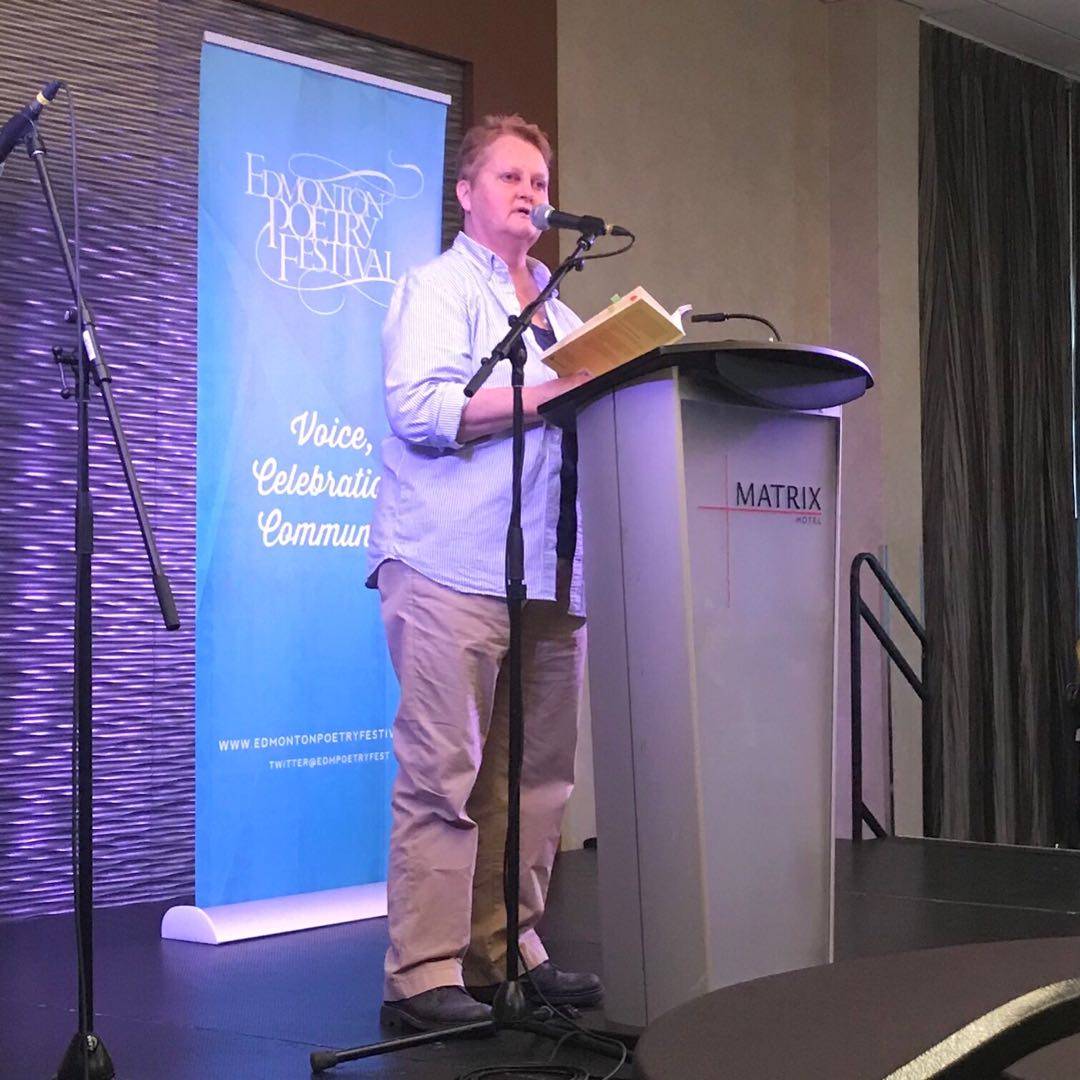
“I don‘t believe that you think what you do is worthless,” my sister says. I don‘t. I just mean financially worthless. Writing poetry doesn‘t usually produce money, for most people. Free verse is doubly free, in that it is unfettered by metre and has no market value.
(Photo: Laurie MacFayden at the Edmonton Poetry Festival)

“You spend your life accumulating things,” she said. “And then you have to maintain them. Your house, your car, your body. You have to maintain your children too, and your parents.”
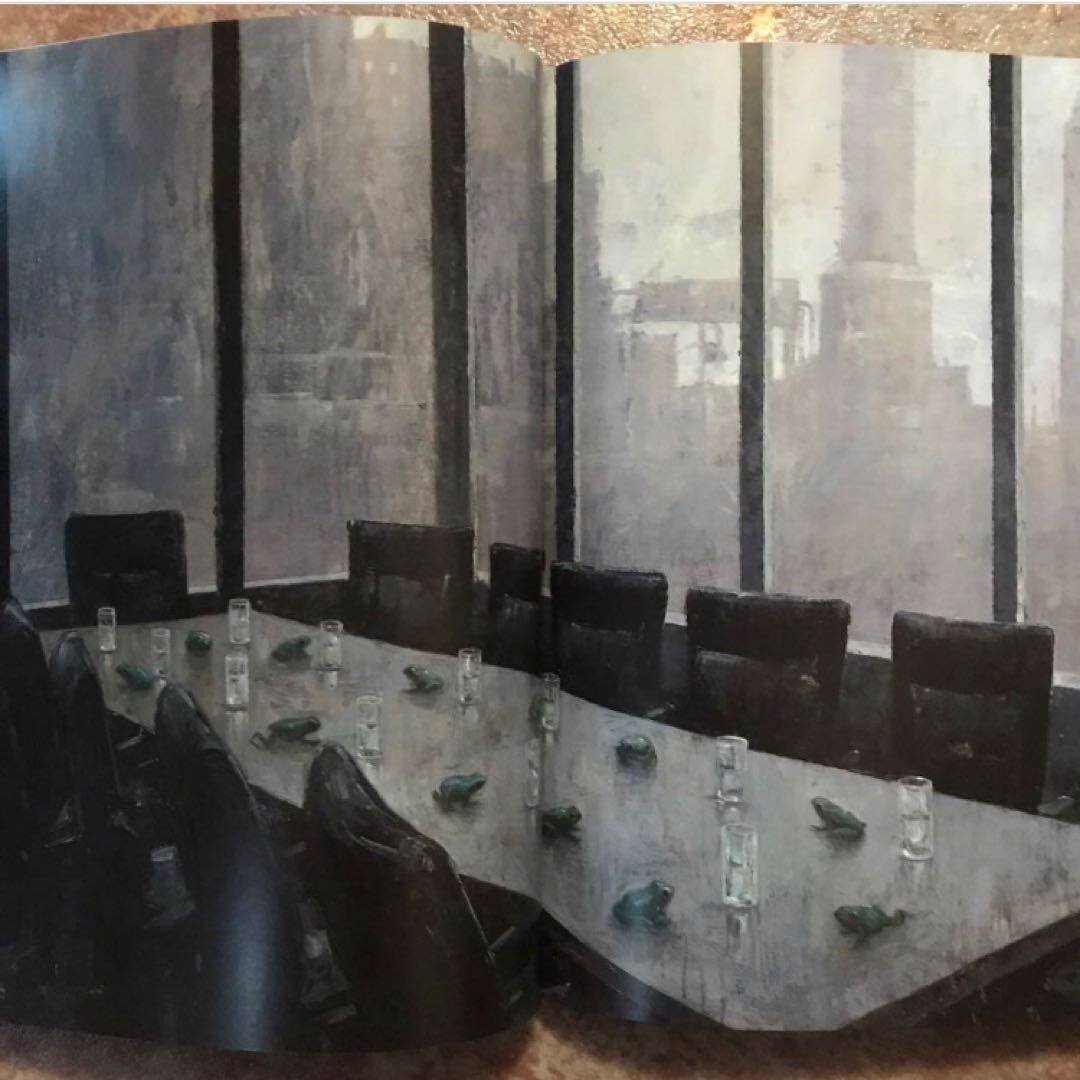
He‘s been talking for 35 minutes, the entirety of this meeting, with six women sitting around the table, listening. He speaks slowly, deliberately, softly, using the cadences of someone who is unfolding a story. He allows himself ample preamble and endless asides, but he says nothing.
(Image from Tales of the Inner City by Shaun Tan)
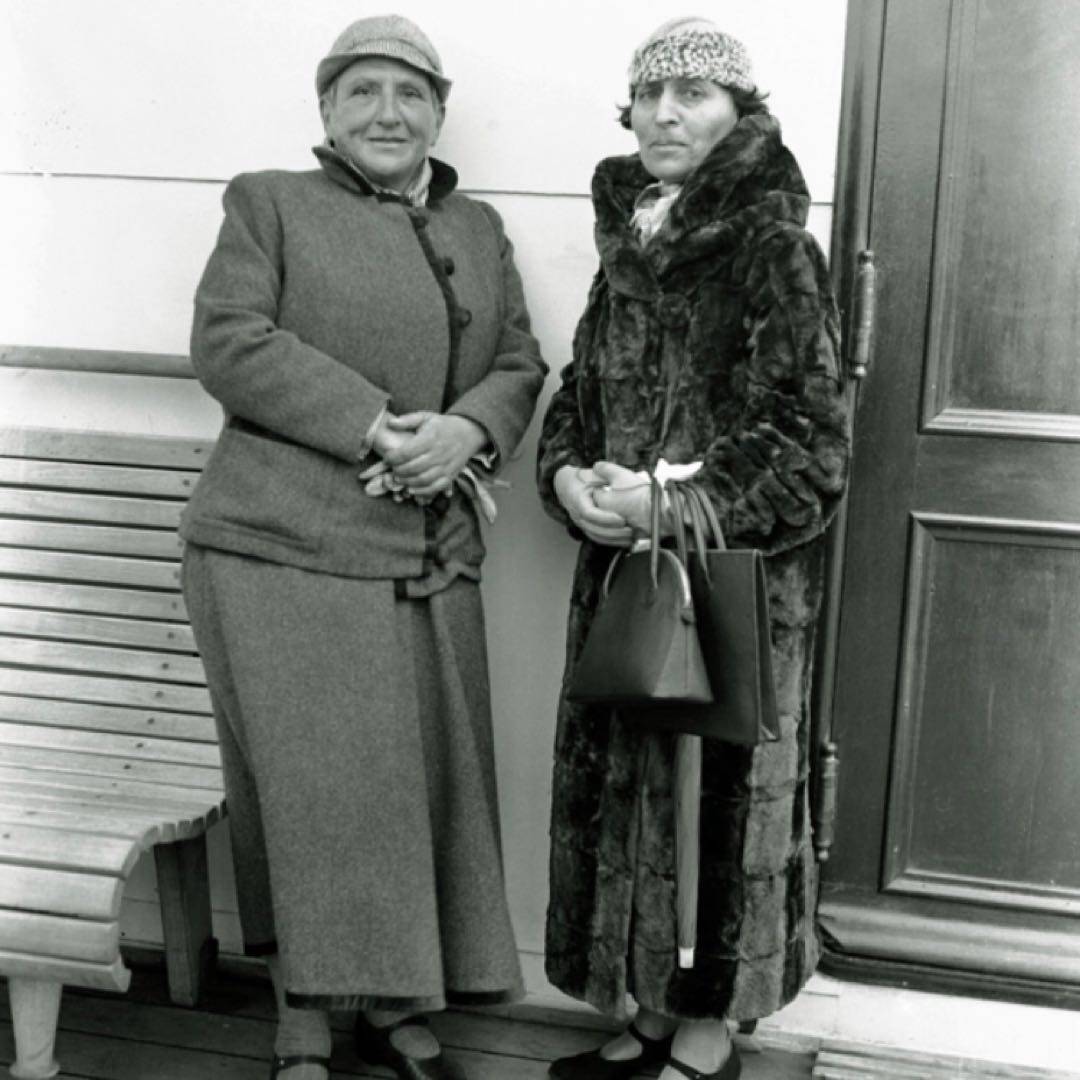
Alice B Toklas writes with some despair of receiving an unexpected gift: six white pigeons—to be smothered, to be plucked, to be cleaned, and all this to be accomplished before Gertrude Stein returned, for she didn‘t like to see work being done.